News Germany
Please note that you have to be a registered member with paid membership in order to see full articles.
Become a MemberSelected News
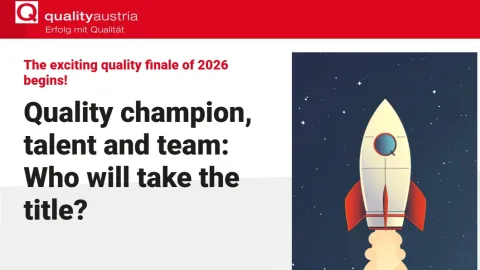
Quality Austria and ÖVQ Announce Finalists for DACH Quality Awards 2026
Quality Austria and the Austrian Association for Quality Assurance (ÖVQ) have announced the finalists for the 2026 Quality Awards, recognizing leading professionals, young talents, and teams across the DACH region (Germany, Austria, and Switzerland).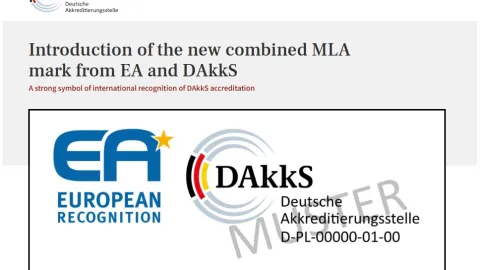
How DAkkS Applies the EA MLA Mark in Germany
The German accreditation body (DAkkS) can now offer a combined accreditation symbol together with the European co-operation for Accreditation (EA), based on the EA Multilateral Agreement (MLA) mark published on September 1, 2025.
MISSION AI Presents Quality Standard for Low-Risk AI
A new voluntary quality standard for low-risk artificial intelligence has been launched by the partners of MISSION AI,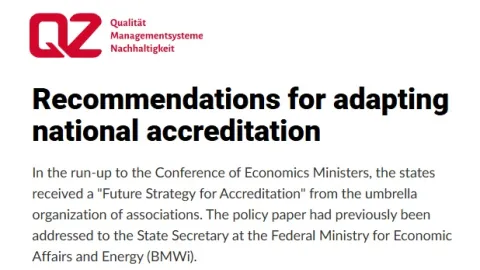
German Industry Groups Present Broad Reform Plan for National Accreditation
A wide alliance of German industry associations, laboratory organizations, and sectoral trade bodies has presented a future strategy to improve the national accreditation system, calling for simpler procedures, clearer responsibilities, and faster decisions.
Germany Releases First Safety Standard for Plug-In Solar Devices
The German Commission for Electrical, Electronic & Information Technologies (DKE) will publish the world’s first product standard for plug-in solar devices in December 2025, giving
Germany Marks 50 Years of the National Standards Agreement
The German Institute for Standardization (DIN) and the Federal Ministry for Economic Affairs and Climate Action (BMWE) celebrated the 50th anniversary of the Standards Agreement on November 6 at DIN’s headquarters in Berlin.
German Labs Group Welcomes Proposed Accreditation Reform Strategy, Calls for Clearer Plan
The Association of Independent Testing Laboratories (VUP) welcomed the German Industry Federation’s (BDI) proposal to reform Germany’s accreditation system but said the plan still lacks a clear reform roadmap.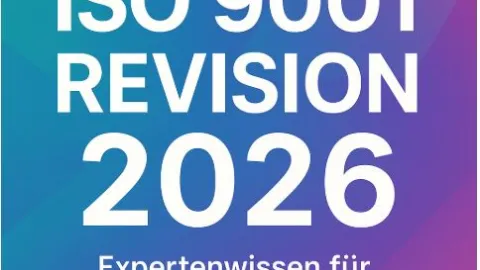
DIN, DQS and DGQ Join Forces to Guide Professionals Through ISO 9001 Transition
The revision of ISO 9001 and its German version is scheduled for publication in fall 2026, introducing updates expected to reflect evolving quality management practices.
VDA QMC Project Group Presents AI Framework for Quality Management
The Quality Management Center of the German Association of the Automotive Industry (VDA QMC) is developing a new VDA Volume on the use of artificial intelligence in quality management.
Germany’s Leading Standards Bodies Urge Integration of Technical Rules into Modernization Agenda
Germany’s three leading standardization organizations
QI Digital Forum 2025 in Berlin Highlights Shift Toward Digital Quality Infrastructure
The QI Digital Forum 2025, held on October 8 and 9 in Berlin, focused on how a digital quality infrastructure (QI) can accelerate innovation in Germany.
IQTIG Updates List of Healthcare Certificates and Quality Seals for German Federal Hospital Atlas
The Institute for Quality Assurance and Transparency in Healthcare (IQTIG) has published an updated list of certificates and quality seals for inpatient healthcare providers.Global News
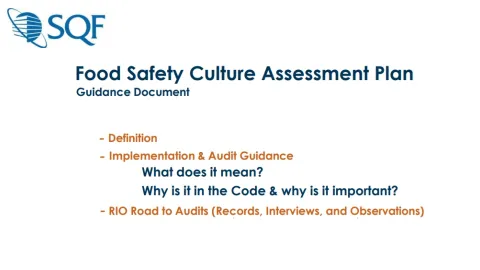
Food Safety Culture Becomes a Formal Certification Requirement Under SQF Edition 10
When SQF Edition 10 launches in March, food safety culture will be required and auditable as part of certification.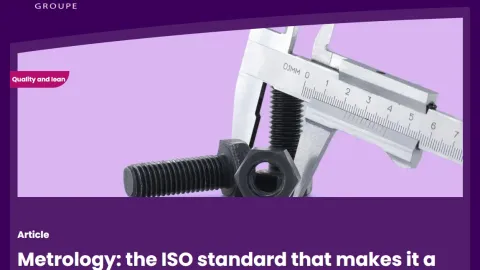
Revised ISO 10012 Reframes Metrology As A Management System
The revised ISO 10012 standard has been published, positioning metrology as an integral part of quality management systems rather than a standalone technical activity.
ISO 14091 Under Review To Ensure It Meets Climate Adaptation Needs
The International Organization for Standardization (ISO) is conducting a systematic review of ISO 14091 to determine whether it still meets the needs of organizations addressing climate change risks.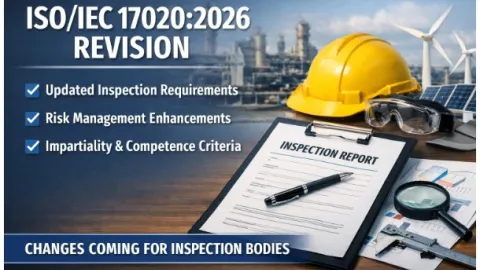
Six Changes Reshape ISO 17020 Requirements For Inspection Bodies
The 2026 revision of ISO/IEC 17020 introduces structural and conceptual updates that will affect how inspection bodies operate, particularly in areas such as independence, impartiality, complaints handling, and management systems.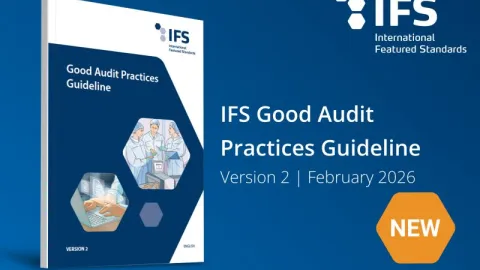
IFS Strengthens Audit Consistency With Good Audit Practices Guideline Version 2
IFS has released Good Audit Practices Guideline Version 2 to support auditors in delivering more consistent, high quality and effective audits across all IFS Standards.
TIC Council Sets Principles For Digitalisation Of Assurance Services
TIC Council, the global trade association representing the independent third-party testing, inspection and certification sector,
ISO Launches ISO 14092 Climate Adaptation Planning Standard For Local Governments And Communities
The International Organization for Standardization (ISO) has published ISO 14092:2026, a new International Standard that sets clear requirements and guidance for climate change adaptation planning by local governments and communities.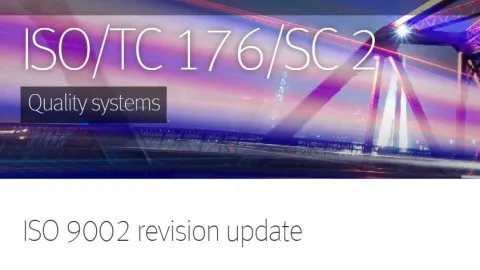
ISO 9002 Revision: Second Working Draft Completed
The International Organization for Standardization (ISO) has completed the second Working Draft of its ISO 9002 revision, marking further progress in updating the guidance to reflect changes in ISO 9001.
FSSC 22000 Version 7 Nears Release with Major Food Safety Updates
FSSC 22000, a global food safety certification scheme developed by the Foundation FSSC, is moving toward Version 7, a major update that will reshape how food businesses manage safety, align with new global requirements, and prepare for future industry demands.
ISO 45001 Second Committee Draft Version Highlights Safety Culture and Workplace Wellbeing
The revision of ISO 45001 has advanced with the publication of the second version of the first Committee Draft, maintaining the standard at the Committee Draft stage and reflecting feedback from the first international enquiry.
ISO 23662 on Vegetarian and Vegan Foods Enters Periodic Review
ISO 23662:2021, the international standard that defines criteria for vegetarian and vegan foods, has entered its periodic review phase, giving stakeholders the opportunity to decide whether it should remain unchanged or be revised.

